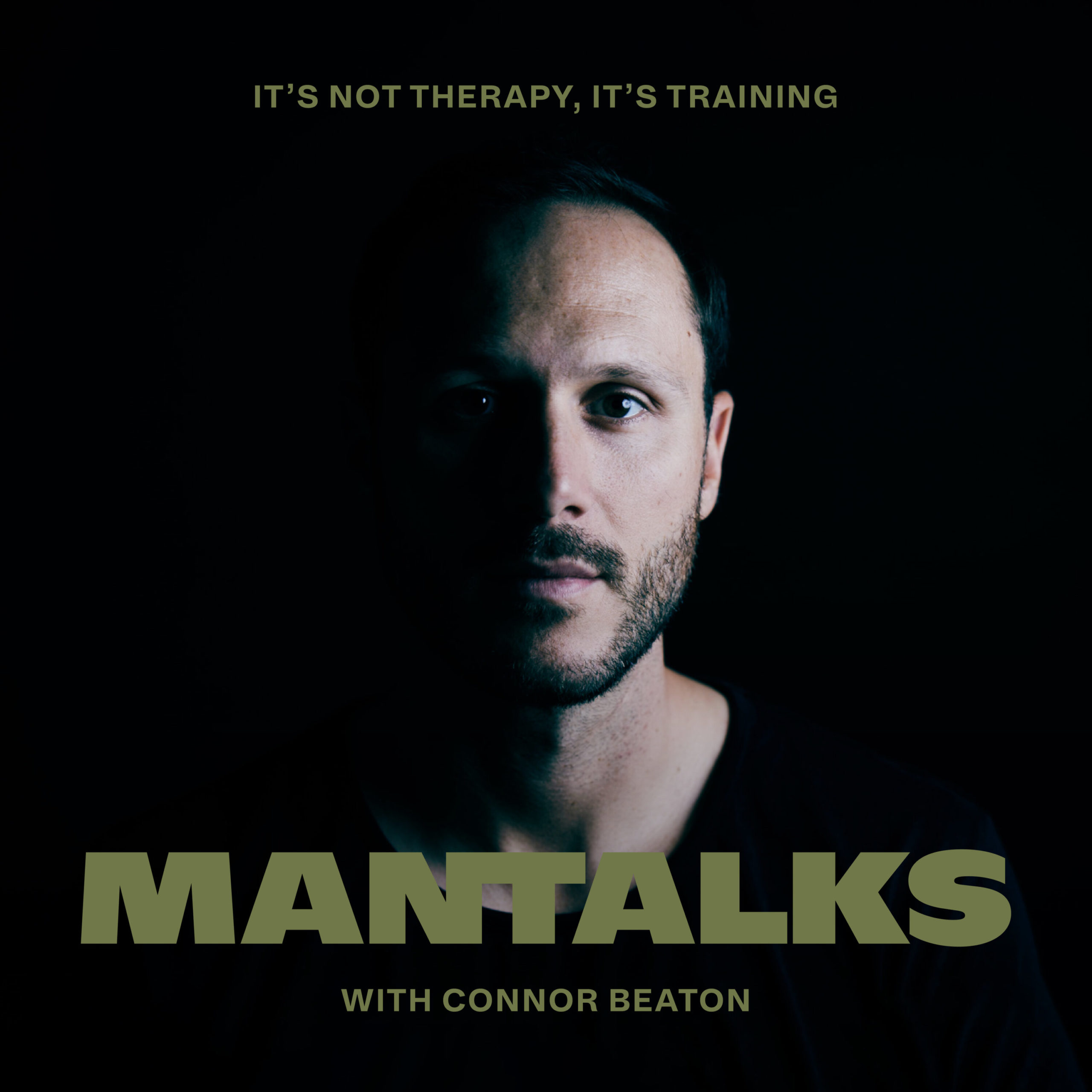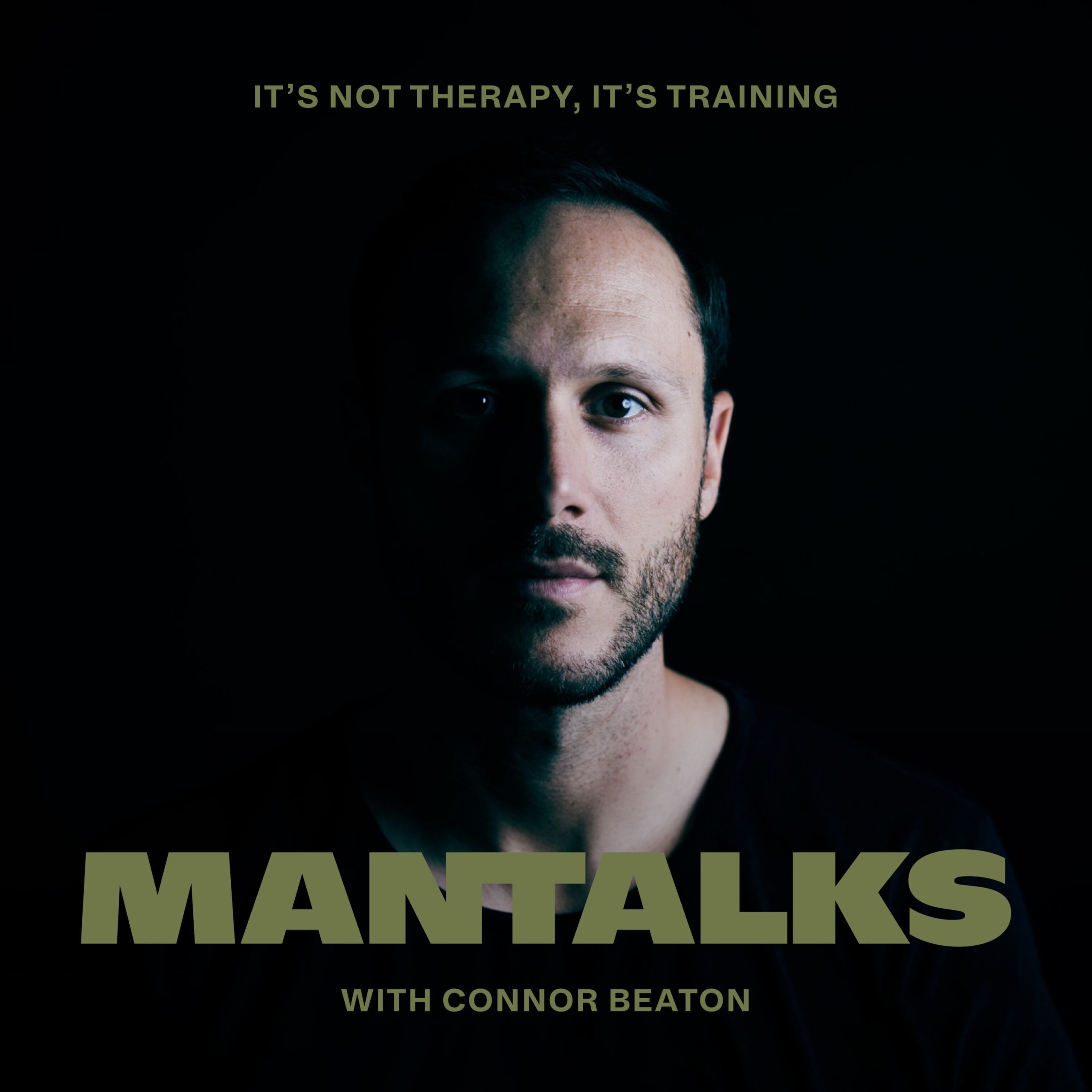This year I’ve seen plenty of men struggle with some form of loss or grief. I witnessed friends lose their wives, best friends, brothers, mothers, fathers, and co-workers.
I saw businesses fail. Jobs lost. Relationships come to a devastating end and love crumble when it seemed like it should have been thriving.
Ideas that seemed to be moving at the speed of light come to an abrupt and jarring halt. Finances failed.
And I’ve seen men lose friends because of…. (fill in the blank).
It’s easy to talk about the great shit in our lives. Our egos love it. We do it all the time. This is the normal culture of self-help and personal development.
We talk about the wins, celebrate them , share them, get likes for them on Facebook, Twitter, and the ‘gram.
We get new followers, subscribers, and likes on our post — who knows, maybe it will go viral.
But we rarely see the pain, suffering, frustration, grief, or loss that is constantly happening behind the scenes. We don’t see these real aspects of peoples lives, only the highly curated social media content.
In the words of my friend (and amazing human being) Preston Smiles:
“Don’t compare your real life to someone else’s online content.”
Here is a bit of my reality:
This year I lost my best friend and partner. Someone who was wise and caring beyond her years. She stuck with me during a time in my life when most people would have walked away and got bitter. It was my choice to walk away from the relationship, but choosing to leave doesn’t soften the blow of loss.
I lost a mentor. Someone who guided me down the path of life and challenged me to make the choices I made, which have led me on the journey I am on now. I learned how valuable and powerful it can be to have someone who believes in you (sometimes) more than you believe in yourself.
I lost an old friend who took his own life. He was a father of 3, a husband, and business owner who was struggling to make ends meet. He was a man who didn’t think he had anyone to turn to and no other choice to make.
He didn’t talk to anyone about the struggles he faced and in the end it cost him his life. No one knew he was in financial crisis and maybe, just maybe, if he had spoken to someone he would still be here today.
Personally I failed, flopped, and missed the mark. At times I aimed high and fell flat on my face. Other times I thought I was right when I was so incredibly wrong. I had massive ambitions, which, in hindsight were blind and overzealous. I was humbled time and time again by life and the people around me.
In the past, I would have tried to face all of this on my own because, like many men, I thought that I would be less of a man for talking about the real, messy shit going on in my life.
I would bottle it up, stuff it way down, put on the armor, and go out in the world pretending I had it all together.
But I’ve started to realize something: not talking about these things doesn’t make you a man. Holding in all of your anger, sadness, grief and loss doesn’t make you strong.
It makes you weak — and not in a metaphorical way. We’re literally weaker when we’re alone.
Pretending that you are invulnerable is the ultimate vulnerability because it is the ultimate blindspot.
Over the past few years I’ve worked directly with dozens of men and have spoken to hundreds more, and I’ve noticed one major difference between guys who are stable, happy, fulfilled, and feeling positive about their live and the guys who struggling, depressed, and unfulfilled. You might say healthy and unhealthy
The healthy let it out. The unhealthy numb it out.
How to Handle Grief and Loss
Talking about grief and loss will significantly improve your life. Bottling it up will also bottle up the happiness and success.
Talking about it makes you stronger, so let’s take a look at the steps for letting it out:
1) Realize The Impact of Your Grief or Loss
Men constantly defer to logic when things get difficult. We compartmentalize emotions — trying to understand why an event happened.
We replay the timeline of the event, trying to understand how we could have got or kept the girl, the job, or the money.
Sometimes we look forward, wondering how we can fix it. We diligently run mental simulations of what we could do to change things. But sometimes, there is nothing for us to change.
We look at the physical realm and overlook the emotional one.
We address the logistics of losing a partner, business, or friend and say to ourselves, “Now where am I going to live? What will happen to my kids? What about my business or career? How is this going to impact those areas of my life?”
What we should be asking is, “How is this impacting me emotionally?Am I hurt? Sad? Angry? What am I experiencing?”
Take the time to tune into how your grief or loss is impacting you emotionally, not just logically and rationally.
2) Address the Ugly Elephant in the Room — Shame
We often feel like we shouldn’t experience grief. We feel shame for the emotions that arise alongside grief and shame.
Feel grief at our loss and if a hint of sadness appears, we condemn ourselves, saying, “Stop it! Feeling sad about it isn’t going to help.”
Actually, it will.
If you let it.
Emotions aren’t shameful. They are part of us. It would be like feeling shame at having eyes, legs, or a penis.”
Emotions are a part of you and everyone else (unless you are a certified sociopath, in which case this may not apply).
When you feel shame about your emotions, ask: “Why do I feel shame about this experience?”
Perhaps you were taught that emotions equal weakness, or that showing emotions isn’t what a real man does.
Or maybe emotions seem like a foreign thing that isn’t worth addressing.
Whatever the case, understanding why you are feeling the shame and choosing to move through it and allow the experience is the key to releasing the emotions.
Emotions are like a male orgasm. Weird analogy I know but stay with me: When we never allow ourselves to experience emotions, they will either come out when we aren’t expecting (like a wet dream), or they will have negative physical side effects (like blue balls and insomnia).
It’s vital to address the shame. Don’t numb it with booze, drugs, gambling, meaningless sex, or any other addiction. After the bender it will still be there and it will be worse.
3) Stop Hiding, Start Talking
One of the most common things men who have gone through loss or grief say is, “I felt so alone. I didn’t feel like I could talk to anyone about it.”
Suffering in silence IS NOT the answer.
Maybe you think your friends, family, or co-workers won’t understand you. In truth, they don’t need to ‘get it’. It doesn’t matter if they haven’t experienced the exact same thing. They can still support you.
Grief and loss are part of the human experience and everyone has gone through it at some point.
When you open up and invite people into your experience, talk about what has been going on, you give them permission to fully understand what’s happening in your life. They get to see the real you, not just the well-trimmed Facebook persona.
4) Know You’re Not Alone
Working with men across North America, I’ve yet to encounter someone who has been through something so rare or horrific as to be un-relatable.
Our illusion that we are alone in our suffering or experience is exactly that: an illusion.
I have met men who were physically and sexually abused as children, men who have been held captive, tortured, in near death accidents, lost loved ones in strange and bizarre accidents and so much more.
And Every. Single. Time. Without fail. Someone else in the crowd can relate, has gone through something similar or has a close friend who experienced the exact same thing.
5) Join a Like-Minded Community
Fact: People care about you and want to support you (even the worst human beings in history had people who genuinely cared about them… and trust me you’re not that bad).
Having people in your life (read: inner circle) leads to connection and guidance. When grief and loss arrive, you will be able to process and move through the experience more effectively, allowing you to get back on track, learn and grow from the loss.
Have you ever seen the video of the olympic runner whose dad helped him finish the race?
If you’ve seen this video, you almost certainly were moved and inspired.
I dare you to watch it without tearing up. To me, this is beauty of human connection. Falling, failing, losing, being in immense pain (physically or emotionally) and someone else helping.
We WANT to help others just as much as we secretly want to be helped.
This is why we created the ManTalks Mastermind, which connects men with other likeminded men. It’s a space where members are committed to holding one another accountable and creating a powerful community of men who leaders and role models in their community.
The results have been incredible. Relationships and marriages have been saved, businesses pulled back from the brink of bankruptcy, and members’ health (mental and physical) has improved dramatically.
So next time you’re struggling and a someone close asks how they can help, remember the feeling you got in the past from supporting someone else. Let them have your back, because when the time comes, you will have theirs.
Why Dealing With Grief and Loss The Right Way is Manly AF
Unfortunately, the “real man” phrase has been co-opted by a bunch of douchebags. You know what a real man does? He handles his emotions so that he’s not a drain on everyone else around him.
This means properly processing grief and loss when it comes up — which it definitely will.
Bering a man isn’t about pretending to be tough when life kicks you in the nuts. It’s about being mentally and emotionally healthy so you can show up fully for the people in your life.
__________
Connor Beaton is the founder of ManTalks.
Check out his incredible TEDx talk here. And follow him on Facebook (where he writes and posts videos) to stay up to date with his teachings, lessons, and insights.
[activecampaign form=5]





